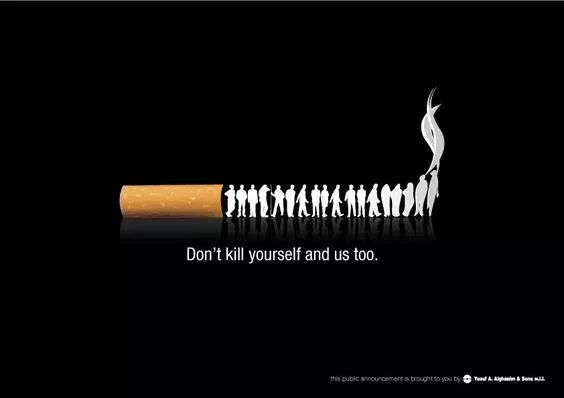Dizziness During Exercise in Early Quit Stages: Causes and Solutions
Introduction
Quitting smoking is a significant step toward better health, but the journey is often accompanied by various withdrawal symptoms. One common yet under-discussed issue is dizziness during exercise in the early stages of quitting. This symptom can be alarming, especially for those who rely on physical activity to cope with cravings or improve their well-being.
In this article, we will explore:
- Why dizziness occurs after quitting smoking
- How exercise impacts the body during nicotine withdrawal
- Practical strategies to manage dizziness while staying active
- When to seek medical advice
Why Does Dizziness Happen After Quitting Smoking?
1. Nicotine Withdrawal and Blood Circulation
Nicotine is a vasoconstrictor, meaning it narrows blood vessels. When you quit smoking, your blood vessels begin to relax and widen, improving circulation. However, this sudden change can lead to temporary dizziness, especially during physical activity, as blood pressure adjusts.
2. Changes in Oxygen Levels
Smoking reduces oxygen delivery by increasing carbon monoxide in the blood. After quitting, oxygen levels rise, which is beneficial but can initially cause lightheadedness as the body adapts to higher oxygen saturation.
3. Dehydration and Blood Sugar Fluctuations
Nicotine withdrawal can affect hydration and metabolism. Many former smokers experience increased thirst or forget to drink enough water, leading to dehydration—a common cause of dizziness during exercise. Additionally, quitting may temporarily alter blood sugar levels, contributing to fatigue and dizziness.

4. Anxiety and Hyperventilation
Exercise can trigger anxiety in early quitters, leading to rapid breathing (hyperventilation), which reduces carbon dioxide levels in the blood and causes dizziness.
How Exercise Affects the Body During Nicotine Withdrawal
Exercise is highly beneficial for quitting smoking, as it:
- Reduces cravings
- Boosts mood through endorphin release
- Improves lung function over time
However, in the first few weeks, intense workouts may worsen dizziness due to:
✔ Increased heart rate variability (the heart adjusts to functioning without nicotine)
✔ Lower stamina (as the lungs and cardiovascular system recover)
✔ Electrolyte imbalances (if hydration and nutrition are inadequate)
Managing Dizziness During Exercise After Quitting Smoking
1. Start Slow and Gradually Increase Intensity
- Begin with low-impact exercises (walking, yoga, swimming)
- Avoid high-intensity workouts until dizziness subsides
- Monitor heart rate and stop if feeling lightheaded
2. Stay Hydrated and Maintain Proper Nutrition
- Drink plenty of water before, during, and after exercise
- Eat balanced meals with complex carbs, proteins, and healthy fats
- Avoid excessive caffeine, which can worsen dehydration
3. Practice Breathing Techniques
- Diaphragmatic breathing (deep belly breaths) helps regulate oxygen flow
- Avoid shallow, rapid breathing during workouts
4. Consider Electrolyte Supplements
- If sweating heavily, replenish with electrolyte drinks (coconut water, sports drinks)
- Check for iron or B12 deficiencies, which can contribute to dizziness
5. Listen to Your Body
- Rest when needed
- Avoid exercising in extreme heat or humidity
- If dizziness persists, consult a doctor
When to Seek Medical Help
While dizziness is common in early quit stages, seek medical advice if you experience:
🚨 Severe or prolonged dizziness
🚨 Fainting spells
🚨 Chest pain or irregular heartbeat
🚨 Blurred vision or confusion
These could indicate underlying conditions like low blood pressure, anemia, or cardiovascular issues.
Conclusion
Dizziness during exercise in the early stages of quitting smoking is a temporary but manageable issue. Understanding the causes—such as nicotine withdrawal, improved circulation, and hydration imbalances—can help you take proactive steps. By adjusting workout intensity, staying hydrated, and monitoring symptoms, you can continue exercising safely while your body heals.
Remember, quitting smoking is a marathon, not a sprint. Be patient with your body, and soon, you’ll enjoy the full benefits of a smoke-free, active lifestyle.
Tags: #SmokingCessation #ExerciseAfterQuitting #Dizziness #NicotineWithdrawal #HealthyLiving










